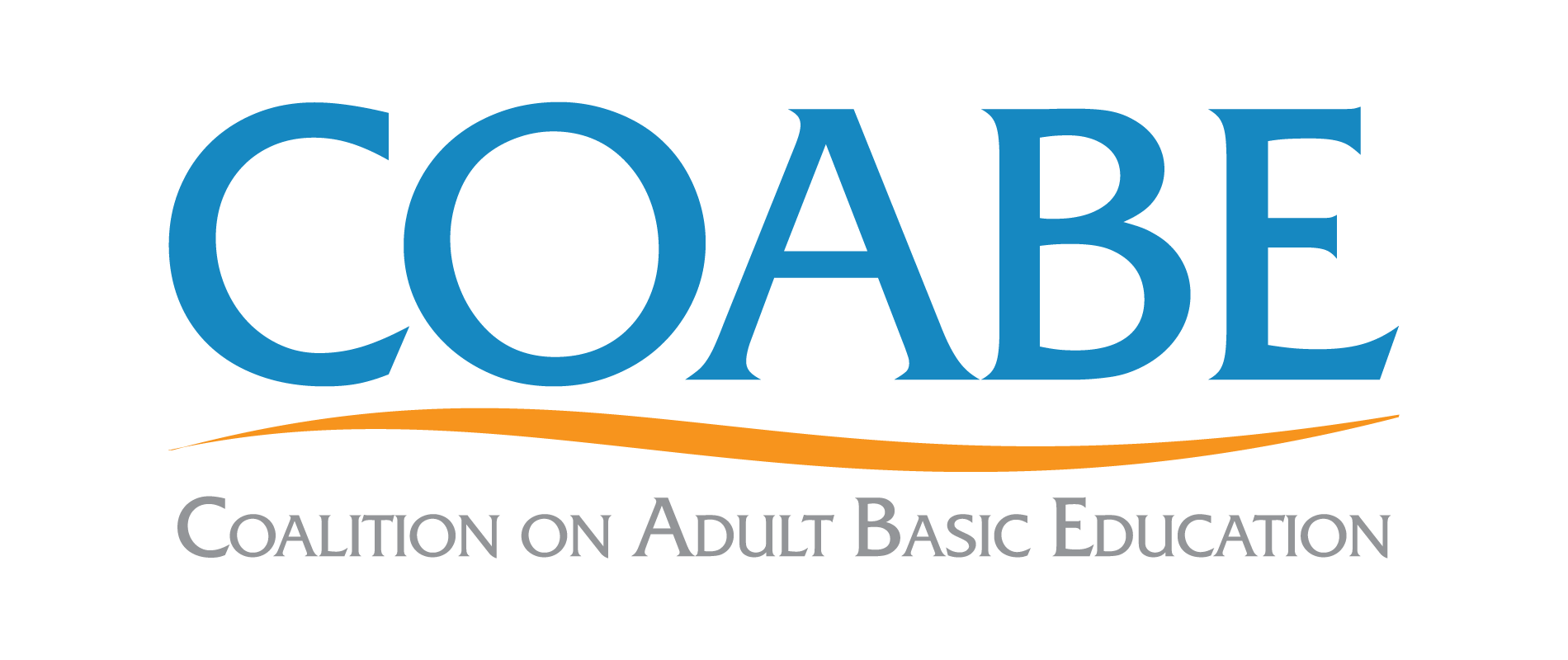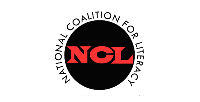On December 10–11, more than 130 researchers, policymakers, and practitioners from government agencies, universities and adult education programs, foundations, policy shops and think tanks participated in the 2nd PIAAC Research-to-Action Conference titled “What We Need Skills for.” The conference provided an opportunity for participants to discuss the relationships between the skills assessed in PIAAC and the social and economic outcomes as well as the implications of the findings for policy and practice. The conference, made possible by funding from AIR, began with introductory talks by David Myers, President and CEO of American Institutes for Research, and Peggy Carr, Acting Commissioner of the National Center for Education Statistics (NCES). These were followed by presentations of research papers organized around critical policy themes related to workforce, education, skills acquisition and decline, immigration, health, and STEM. Most of the papers were commissioned by AIR through funding provided by the NCES of the U.S. Department of Education. In addition to the commissioned research papers, there were presentations by ETS researchers on the PIAAC reading components and the results of an investigation of the problem solving in technology-rich environments log files. The conference also included a keynote address by Johan Uvin, Acting Assistant Secretary of the Office of Career, Technical, and Adult Education (OCTAE). Materials from this dynamic and intellectually stimulating event are posted below.
Conference Logistics:
Conference Agenda
Participant List
Participant Feedback
PIAAC Team
Day 2 Sessions
Day 1 Sessions
Greetings & Conference Overview, Jaleh Behroozi Soroui, PIAAC Director, American Institutes for Research View video ›
Welcome and Introductory Remarks, David Myers, President and CEO, American Institutes for Research View video ›
Opening Keynote, Peggy Carr, Acting Commissioner, National Center for Education Statistics, U.S. DOE View video ›
Session 1: Work, Education, and Skills: PIAAC-Based Research from the Center for the Study of Higher Education, Pennsylvania State University View video ›
Moderator - Amanda Ahlstrand, Administrator, Office of Workforce Investment, Employment and Training Administration, U.S. Department of Labor
“The Educational and Cognitive Transformation of Social Opportunity and Inequality: Credentials, Cognition, and C-status” by David Baker, Professor of Education and Sociology; Karly Ford, Assistant Professor in Education Policy Studies; Liang Sun, Graduate Research Assistant, Higher Education Program; Yuan Chih Fu, Graduate Research Assistant, Higher Education Program; Frank Fernandez, Graduate Research Assistant, Higher Education Program; and Mark Umbricht, Graduate Research Assistant, Higher Education Program
View summary › View powerpoint ›“Education and Work in the 21st Century: Credential Inflation or Transformation?” by Frank Fernandez, Graduate Research Assistant, Higher Education Program, and Mark Umbricht, Graduate Research Assistant, Higher Education Program
View summary › View powerpoint › View full research paper › View Excel tables ›“Persisting Gaps: Labor Market Outcomes and Numeracy Skill Levels of First Generation and Multi Generation College Graduates” by Karly Ford, Assistant Professor in Education Policy Studies, and Mark Umbricht, Graduate Research Assistant, Higher Education Program
View summary › View powerpoint › View full research paper › View Excel models ›
Discussant - Maureen Conway, Vice President and Executive Director of the Economic Opportunities Program, Aspen Institute
Session 2: The Skills of Immigrants View video ›
Moderator - Brenda Dann-Messier, CNA Principal Research Scientist, Institute for Public Research, and former Assistant Secretary for Career, Technical, and Adult Education, U.S. Department of Education
“Literacy and Numeracy Skills of Second-Generation Young Adults: A Comparative Study of Canada, France, Germany, the United Kingdom and the United States” by Jeanne Batalova, Senior Policy Analyst, Migration Policy Institute, and Michael Fix, President, Migration Policy Institute
View summary › View powerpoint › View full research paper ›
Discussant - Terrence G. Wiley, President and CEO, Center for Applied Linguistics
Keynote Address by Johan Uvin, Acting Assistant Secretary, Office of Career, Technical, and Adult Education, U.S. Department of Education View video ›
Session 3: Skill Gain and Loss View video ›
Moderator - Dana Kelly, Branch Chief, International Assessment Branch, Assessments Division, National Center for Education Statistics, U.S. Department of Education
“Reconstructing the Evolution of the American Supply of Cognitive Skills: A Synthetic Cohort Analysis” by T. Scott Murray, President, DataAngel Policy Research Inc.; Marilyn Binkley, Consultant, DataAngel Policy Research Inc.; and Richard Shillington, Principal, Tristat Resources
View summary › View powerpoint › View full research paper ›“Earnings and Employment Benefits of Adult Higher Education in Comparative Perspective: Evidence Based on PIAAC” by Richard Desjardins, Associate Professor, Graduate School of Education & Information Studies, University of California, Los Angeles; and Jeongwoo Lee, Researcher, Graduate School of Education & Information Studies, University of California, Los Angeles
View summary › View powerpoint › View full research paper ›
Discussant - Louis Soares, Vice President, Center for Policy Research and Strategy, American Council on Education
Session 4: A Closer Look at Numeracy View video ›
Moderator - Catherine Brown, Vice President, Education Policy, Center for American Progress
“Examining Gender Differences in the Mathematical Literacy of 15-Year-Olds and the Numeracy Skills of the Age Cohorts as Adults” by Alka Arora, Senior Researcher, American Institutes for Research, and Emily Pawlowski, Research Associate, American Institutes for Research
View summary › View powerpoint › View full research paper ›
Discussant - Claus von Zastrow, Chief Operating Officer and Director of Research, Change the Equation
Reflections on Day 1 View video ›
Laura Salganik, Consultant and former Director of Quality, American Institutes for Research
Mary Alice McCarthy, Senior Policy Analyst, Education Policy Program, New America
Session 5: Health, Literacy and Fertility View video ›
Moderator - Iris Feinberg, PhD, Assistant Director, Adult Literacy Research Center at Georgia State University
“Literacy and Fertility Across OECD Nations” by Jane Seymour, MPH, Doctoral Candidate, Department of Epidemiology, School of Public Health, Boston University; Rosemary Frasso, PhD MSc CPH, Director of Education, Masters of Public Health Program, University of Pennsylvania; and Ian M. Bennett, MD PhD, Professor, Department of Family Medicine, University of Washington
View summary › View powerpoint › View research paper ›
Session 6: A Closer Look at Adult Reading Skills View video ›
Moderator - Liza McFadden, President and CEO, Barbara Bush Foundation
“Understanding the Basic Reading Skills of U.S. Adults: Reading Components in the PIAAC Literacy Survey” by John Sabatini, Managing Principal Research Scientist, Educational Testing Service
View summary › View powerpoint › View research paper ›
Discussant - Amy Trawick, PhD, Director, Center for Adult Learning Leadership and Advancement (CALLA)
Session 7: A Closer Look at Digital Problem-Solving View video ›
Moderator - Gabe Martinez Cabrera, Project Manager, Adult Education Initiatives, Digital Promise
“Exploring Response Patterns in Problem-solving Items Using Process Data: Insights from Log Files of Problem Solving in Technology-Rich Environments (PS-TRE) in PIAAC” by Qiwei (Britt) He, Associate Research Scientist, Center for Global Assessment, Educational Testing Service; and Matthias von Davier, Senior Research Director, Center for Global Assessment, Educational Testing Service
View summary › View powerpoint › View research paper ›
Discussant - Yigal Rosen, Senior Research Scientist, Vice Provost for Advances in Learning (VPAL) Research Team, Harvard University View notes ›
Session 8: Using PIAAC to Improve Adult Learning View video ›
Moderator - Heidi Silver-Pacuilla, Branch Chief, Applied Innovation and Improvement, Office of Career, Technical, and Adult Education, U.S. Department of Education
"Using the PIAAC Framework for Literacy to Guide Instruction: A Guide for Teachers, Lead Instructors, and Professional Development” by Amy R. Trawick, PhD, Director, Center for Adult Learning Leadership and Advancement (CALLA)
View powerpoint › View full paper ›“Using the PIAAC Framework for Numeracy to Guide Instruction: A Guide for Teachers, Lead Instructors, and Professional Development” by Donna Curry, Senior Professional Development Specialist, SABES (System for Adult Basic Education Support), Center for Math and Adult Numeracy, Technical Education Research Centers (TERC)
View powerpoint › View full paper ›
Review Panel - Cynthia Bell, Numeracy Specialist, Literacy Assistance Center; David Rosen, EdD, President, Newsome Associates; Alisa Belzer, Associate Professor, Rutgers University
Future Directions for PIAAC View video ›
Introduction by Mary Ann Fox, Managing Researcher, American Institutes for Research
Keynote by Daniel McGrath, Branch Chief, Reporting and Dissemination Branch, Assessments Division, National Center for Education Statistics, U.S. Department of Education View powerpoint ›
Participant Feedback
“Thanks for the small group session. Mix of researchers, practitioners and policy folks very fruitful. Excellent opportunity to learn, think and project next steps.”
“It has encouraged me to think about research on the ways we are addressing the problem in our program.”
“Excellent presentations of value to the field. Well done!”
“Having discussants was the best part! Discussants made the conference more practical and informative.”
“The conference was informative, engaging and thought-provoking.”
“It was a well-organized and very relevant conference.”
“I would love to have another US PIAAC conference next year, Thanks you for this great conference and chance to meet other US PIAAC researchers and practitioners. I especially liked the group/task discussions on day 1.”
“This conference was a great experience learning about what PIAAC data can do and cannot do and networking with practitioners and policy makers. I hope to attend it again.”










